Introduction to the Scandal
Professional basketball player Terry Rozier told a friend in 2023 that he planned to take himself out of a game early with a minor injury. The friend, Deniro Laster, used the tip to place more than $200,000 in bets predicting Rozier would fall short of his usual point total. By the next morning, federal prosecutors say, the two men were counting their winnings together in Rozier’s home. The athlete, who was a guard for the National Basketball Association’s Charlotte Hornets at the time, played just nine minutes against the New Orleans Pelicans and checked out.
The Investigation Unfolds
That incident, described in a federal indictment unsealed on Thursday in Brooklyn, now sits at the center of one of the most sweeping sports gambling cases ever brought by the US Justice Department — one that stretches from locker rooms to underground poker clubs controlled by New York’s biggest mafia families. Rozier, now with the NBA’s Miami Heat, and Portland Trail Blazers head coach Chauncey Billups were arrested Thursday morning and charged as part of two separate criminal schemes related to illegal sports betting, federal prosecutors said.
Charges and Arrests
Soon after the arrests, Rozier and Billups were placed on immediate leave from their teams. FBI Director Kash Patel and Brooklyn federal prosecutors said at least 30 people were arrested across 11 states, including current and former NBA players and coaches. “The fraud is mind-boggling,” Patel said at a press conference in New York Thursday. “We’re talking about tens of millions of dollars in fraud and theft and robbery across a multi-year investigation.”
The Sports-Betting Scheme
Nineteen of the defendants pleaded not guilty to the charges at hearings in Brooklyn late Thursday. Twelve were released on bail, and the others remained in federal custody. Prosecutors say Rozier relied on insider information from NBA locker rooms. The sports-betting indictment involved six defendants with a fraud scheme to bet on nonpublic information about NBA athletes and teams, according to prosecutors. The nonpublic information included when specific players would be sitting out future games or when they would pull themselves out early for purported injuries or illnesses, authorities said.
The Poker Game Scheme
The second indictment, charging 31 people nationwide, describes poker games in Manhattan, the Hamptons, Miami, and Las Vegas that used hidden technology to ensure the outcome. The group modified DeckMate 2 shuffling machines and used x-ray tables and concealed cameras to read cards in real-time. The data was transmitted to an off-site “driver,” who relayed it back to a player at the table dubbed the “Quarterback” — who signaled others when to bet or fold.
Involvement of Mafia Families
According to prosecutors, the poker network was financed and protected by the Bonanno, Gambino, Genovese, and Lucchese crime families, each taking a share of the profits. The Bonannos controlled a Manhattan game on Lexington Avenue; the Gambinos backed another on Washington Place. When the two operations merged, the families agreed to split the proceeds. “Bringing four of the five families together in a single indictment is extraordinarily rare,” New York City Police Commissioner Jessica Tisch said. “It tells you how much money was on the table.”
Reactions and Consequences
Brooklyn federal prosecutors brought a related case last year against Porter, the former Raptors forward, which they have described as the first sign of a broader pattern of betting-related manipulation in the league. Porter was banned for life after the NBA found he conspired to influence wagers by deliberately removing himself from games so others could profit from “under” bets on his performance. He later pleaded guilty to conspiracy to commit wire fraud, telling the court he acted to pay off gambling debts.
Conclusion
The cases against Rozier, Billups, and the other defendants mark a significant moment in the effort to combat corruption and protect the integrity of professional sports. As the investigation continues to unfold, it is clear that the consequences of these actions will be far-reaching, with potential impacts on the careers of those involved and the reputation of the NBA as a whole. The importance of fair play and honest competition in sports cannot be overstated, and it is crucial that those who engage in fraudulent activities are held accountable for their actions.


